How To Use Honey: The Amazing Health Benefits
Today, it’s all about how to use honey-the amazing health benefits of pure, raw honey. The next time you go online or to the supermarket to purchase some honey, check the container to see if it’s the real thing. It may be wise to see where the honey was harvested, if possible. Sometimes, those containers are not honey at all. Yikes, did I say that? Yes, I did. I’m updating this post from March of 2016. Please buy only fresh, raw honey it’s the best to stock.
Please remember I am not a doctor, nurse, or medical professional. Always consult with your doctor before implementing any herbal, honey, or alternative medicine.
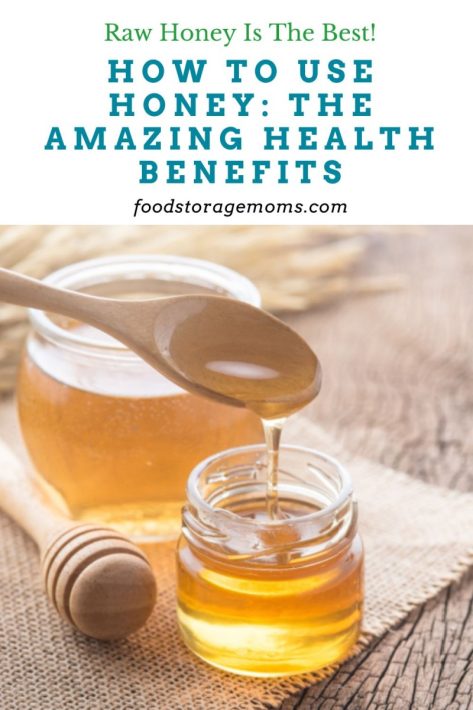
How to Use Honey
Here’s the deal: just because that container says honey, it may not be honey, or a tiny percentage may be honey. Some containers have some ingredients you may not want to feed your family. Please buy from a trusted company or your local farmer’s market if you know they sell raw, pure honey. I only buy my honey from Cox’s Honey in Shelley, Idaho.
1. Help cure or alleviate allergy symptoms.
2. Good for memory-Alzheimer’s.
3. Great for our immune system. How to Boost Your Immune System
4. Helps with sleep and sleep apnea (helps with the dry throat feeling while using a CPAP).
5. Take one tablespoon before bed, and you may have a better night’s sleep.
6. The cholesterol level will hopefully improve.
7. Your triglycerides may go down.
8. Helps with depression. Depression vs Recession: Are You Prepared?
9. Honey helps with the highs and lows of Diabetes blood sugar levels-helping to stabilize glucose levels.
10. Health of your gut.
11. Melatonin and the mind. How to Be Tougher Mentally As a Prepper
12. Reproductive processes/infertility.
13. Menopause issues.
14. Thyroid conditions.
15. Slow down the aging process.
16. Overall better health.
17. Awesome fuel for exercise.
18. Easy to cook with. Cooking From Scratch 101
19. Stores very well.
20. Handy sweetener substitute.
21. It’s good for your heart.
22. Healing wounds/cuts. Items That Will Disappear After A Disaster
23. Helpful to heal burns.
24. Alleviate a cough.
25. A spoonful a day keeps free radicals away.
Remember always to do your research. I am storing honey because I can see how it would help my family in so many situations. It could come in handy every day or in emergency situations. Plus, it stores indefinitely if stored properly. Yes, it will crystallize. You can soften a quart jar easier than a 5-gallon bucket.
Quick Tips for Using Honey
- Use honey as a natural sweetener in beverages like tea, coffee, or lemon water.
- Drizzle honey over yogurt, oatmeal, or cereal for added sweetness and flavor.
- Mix honey with olive oil, vinegar, and herbs for a simple salad dressing.
- Use honey as a glaze for roasted vegetables or grilled meats for a caramelized finish.
- Incorporate honey into baked goods like muffins, cakes, and cookies for moisture and sweetness.
- Make a soothing honey mask by mixing honey with yogurt or oatmeal for a natural skincare treatment.
- Add honey to marinades or sauces for sweetness in savory dishes.
- Combine honey with mustard or mayo for a delicious sandwich spread or dipping sauce.
- Substitute honey for sugar in recipes for a healthier alternative with a unique flavor profile.
Tips About Honey, From Rochelle
HI! I’m excited to be doing a guest blog post! My name is Rochelle Allen and I grew up as a beekeeper’s daughter in Shelley, Idaho. My paternal grandpa, Orville S. Cox, actually was the one that started the business which is known today as Cox’s Honey Farms Inc. He started as a hobbyist and it just took off from there. His kids, Roy (my daddio), and Merrill were the two that wanted to follow in his footsteps.
As a child, I got to ride out to the bee yards with my dad and wear a bee suit. I helped by “smoking” the bees. This makes them actually thirsty, so they retreat into the hive to drink and it has a calming effect. A bee smoker is actually filled with dried vegetation and dried manure and hot coal, not exactly perfume-smelling, but it creates enough smoke to get the job done. As I grew up, I got to help out more with the extraction of the honey.
Creamed Honey
This is done with a giant spinner and it’s hard to explain, but VERY fun to watch. I also got to help out with the bottling process as a kid. Our creamed honey bottling is time-consuming, but it gave us a good chance to talk to family and learn more about the business. As kids, we took turns on who did what when it came to packaging. We needed to glue the cases, put the bottles inside, and then stack the boxes up. We turned it into a fun game.
Now, that I’m grown, I use honey to cook with all the time. It makes the best FOODS! I also am the Cox’s Honey vendor to our local Walmart stores. Our company has been in Walmart for about 20 years now and uses vendors as the supplier to the store. We have a few vendors, but enough to get the Utah stores serviced. I love my little side job of taking the honey into the stores and seeing how empty the shelves are every week. Well, enough about me! I thought I’d answer some frequently asked questions about our honey in general…
Q: Is our honey pasteurized? Heated? Is it raw? Here are the answers:
A: Pasteurizing is used to kill bacteria in milk. Bacteria don’t live in honey! We flash heat our honey so it will flow through the gravity strainers which allow the food value containing pollen grains to pass through with the honey, keeping the nutrients and allowing the foreign items to be strained out. It also may delay granulation for about a year. Doing the flash heating and quickly cooling it down makes a minimal effect on the natural qualities of honey.
Honey and heat are the worst of enemies, cold and honey are best friends because it is a time-temperature situation. Honey stored at 100 degrees for months is damaged much more than heating to 140 degrees for a few minutes. Flash heating exposes the honey to heat for a minimal time, keeping the good flavor and quality very high.
Comb honey is totally natural and does not need to be strained as the bees seal it with wax to keep dust etc. out. Creamed honey is less time to heat so it requires larger openings on the containers filled with it. Cooling is quicker and for a longer period of time than liquid.
Q: Is your honey raw? Organic? Processed?
A: Our answer for raw honey is YES! Comb honey is the most natural, then creamed as it is a cold temperature packaging, whereas liquid is packaged warm. Both are still raw because it is only gravity-strained instead of force filtered, allowing the pollen grains to remain with the honey. Organic–we do not add or take anything away from the honey.
Where the bees are over a wide range of territory, we may not be able to fit in the organic definition due to we cannot control where they fly to, we need a definition of organic, but our guess is we are as organic as possible. Even the comb honey is packaged, is that defined as processing? Our honey is as natural as it can possibly be in all the forms we package it in. Nothing is added and nothing is taken away, which is about as natural as you can get!
Q: What is Creamed Honey? How do you store it?
Creamed begins as granulated seed honey that is drained into a mill tank that whips it as it drains into the tank. It comes out in a thicker, white color. Nothing is added. Nothing is taken away. It is great on scones, toast, peanut butter and honey sandwiches, etc. Best if kept at around 70º or cooler. Keep in the coolest part of the house.
When the heat comes, I actually freeze most of the creamed containers, and have one in the fridge thawed and one in the cupboard. I then rotate them as I use them-fridge to a cupboard, freezer to the fridge. The creamed will separate and darken in color if exposed to heat for long periods of time. The nutritional value is the same, just doesn’t look as pretty! I like using it in my meat recipes. The taste is out of this world!
More Tips
- 20 Reasons to Keep Honey in the Pantry
- Emergency Prepping with Honey Bees
- 10 Uses for Honeycombs Beyond Your Breakfast Table
How long does honey last?
Honey has an indefinite shelf life if stored properly. It may crystallize over time, but this does not affect its quality.
How can I liquefy crystallized honey?
Place the honey jar in a bowl of warm water or microwave it in short intervals, stirring in between, until it liquefies.
Final Word
Thanks so much Rochelle for sharing this great information! This is my favorite honey too! Here is another way to be prepared for the unexpected, store raw pure honey and enjoy the benefits for years to come. Think about it, honey has been mentioned in the Bible and has been in use for centuries. It is a natural sweetener and is good for you. Try it in place of sugar whenever you can, you’ll benefit in healthy ways, and you’ll feel good about how your family will be better for it. Be adventurous, try it in your recipes where it will work out best, and you’ll be glad you did! May God Bless this World, Linda
Copyright Images: Honey In Glass Bowl With Honeycomb AdobeStock_289136525 By BillionPhotos.com, Honey In Glass Bowl AdobeStock_289136525 By BillionPhotos.com, Honey In Jar AdobeStock_140915723 By Showcake

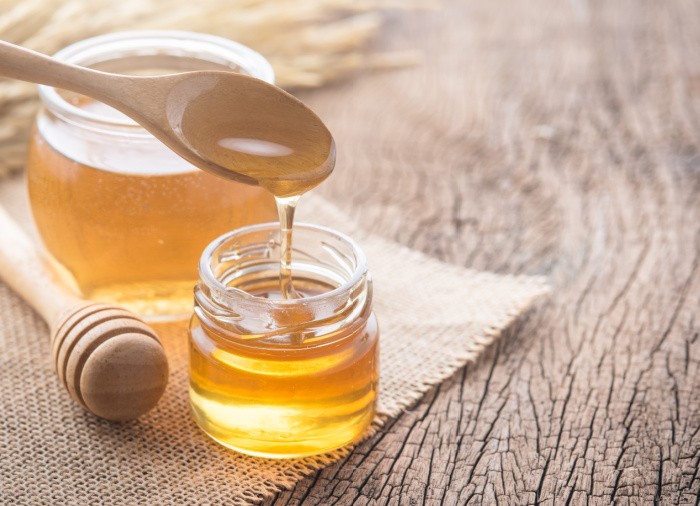

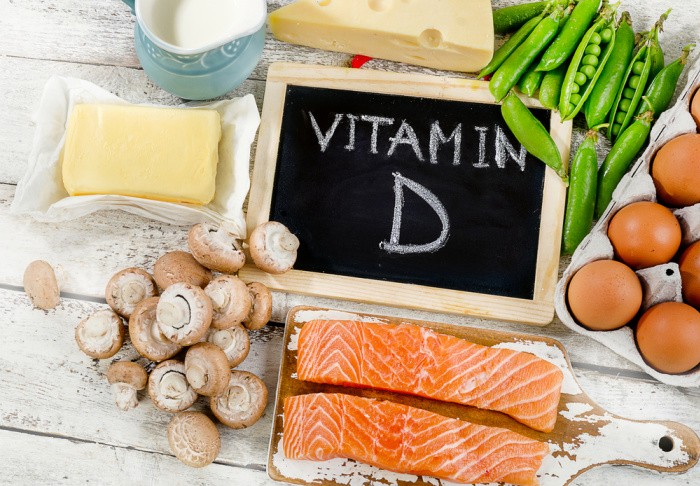
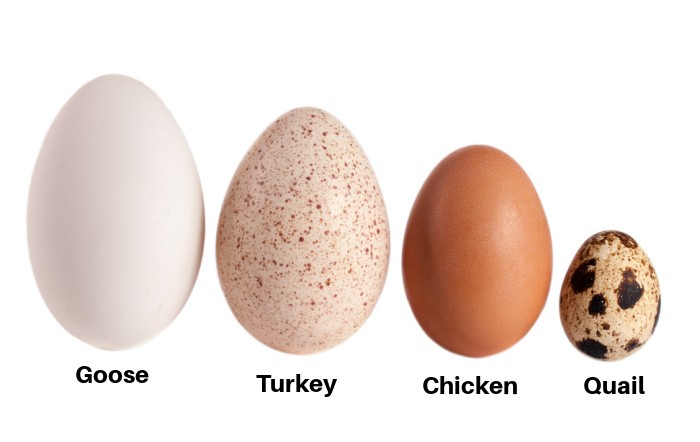
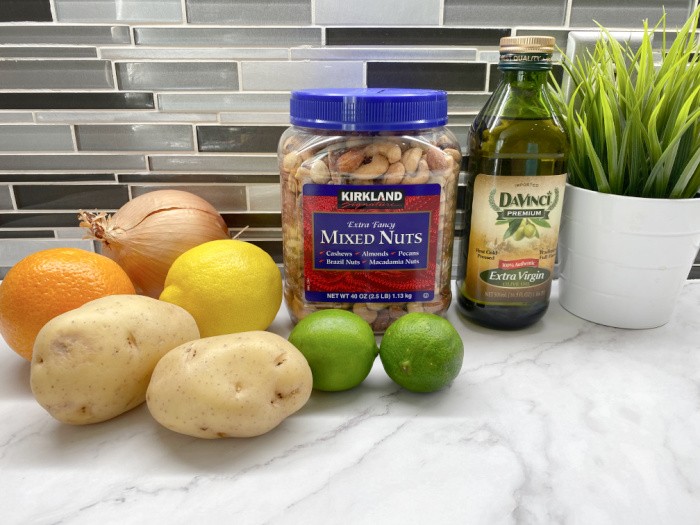
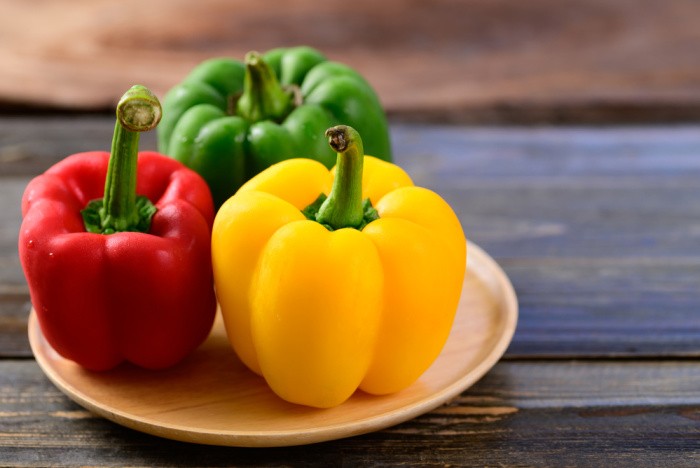
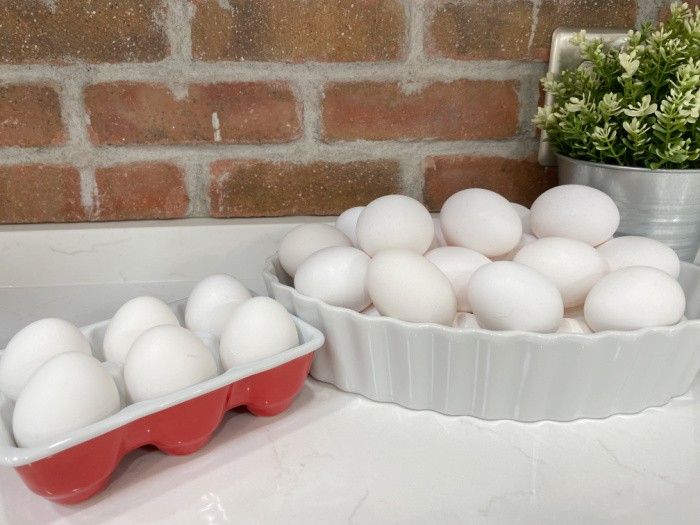
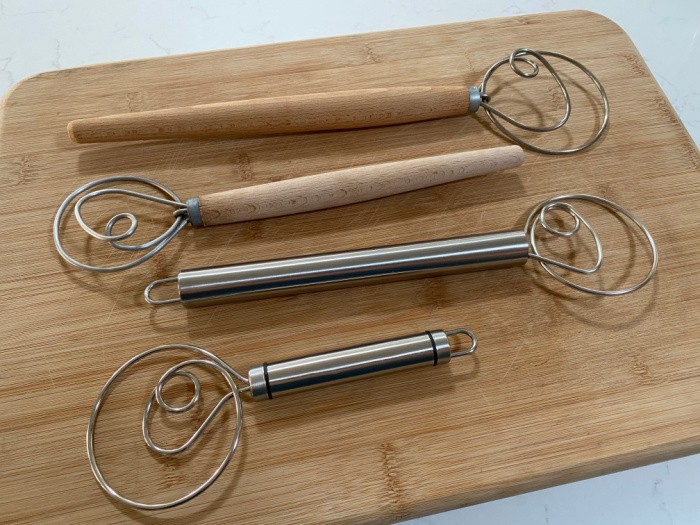
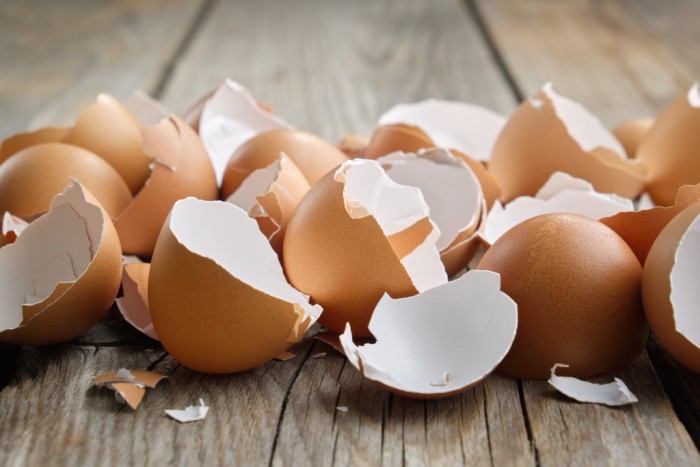
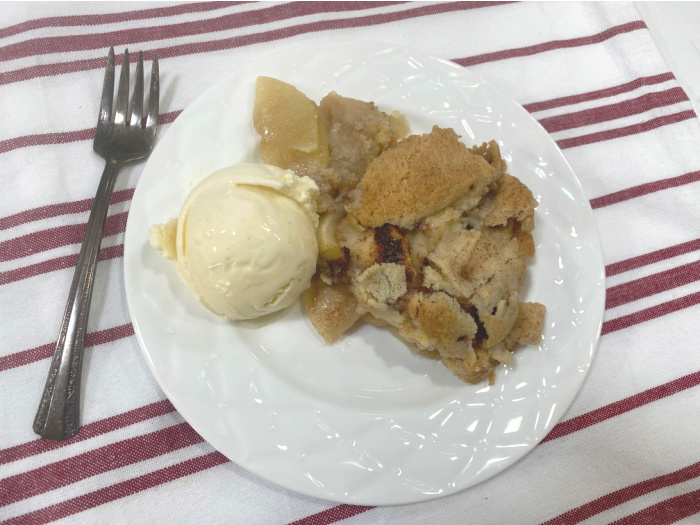
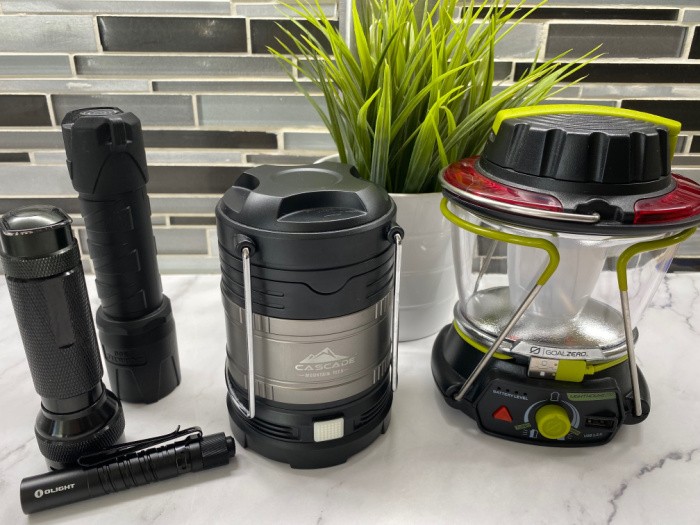
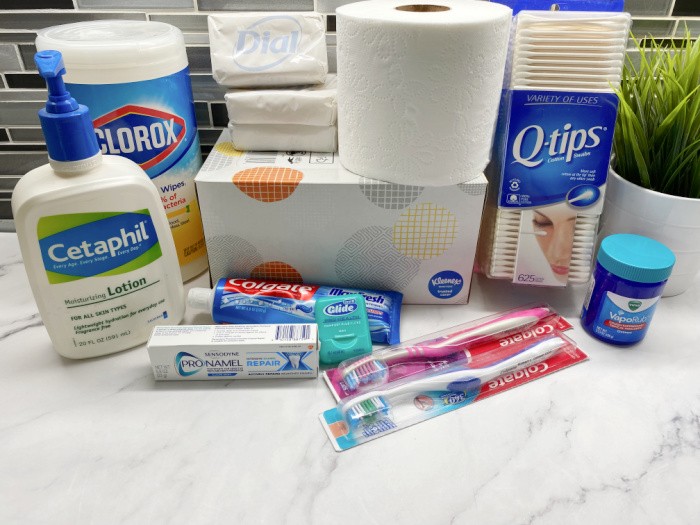
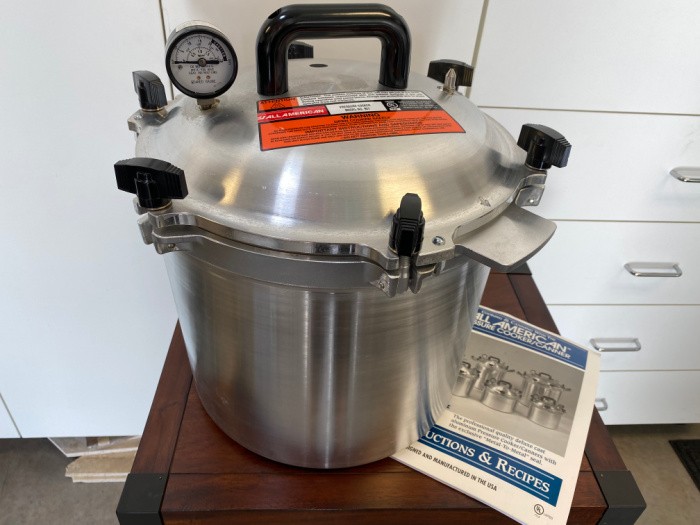
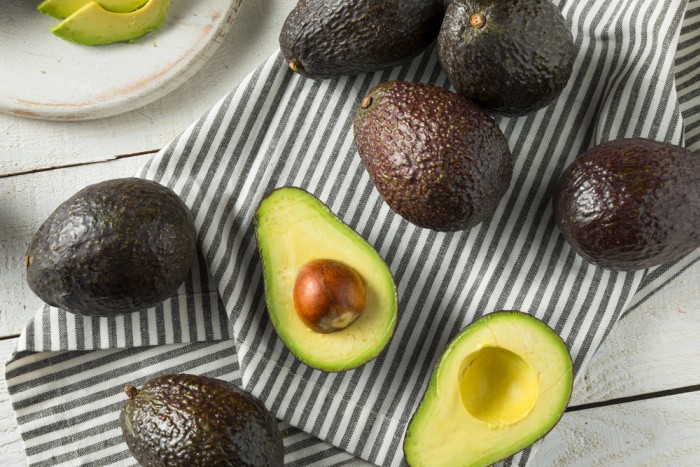
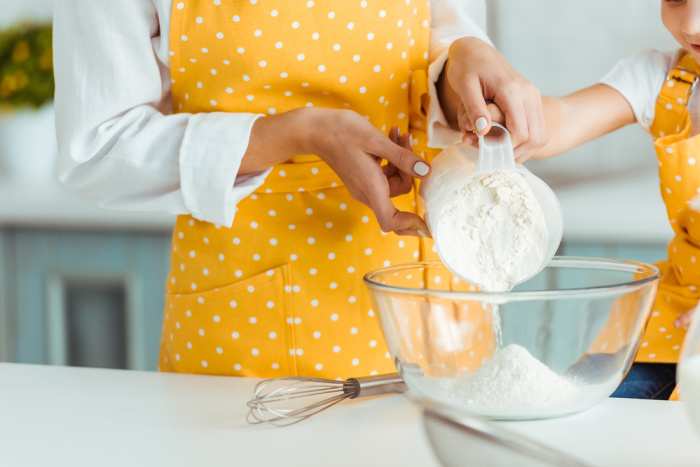
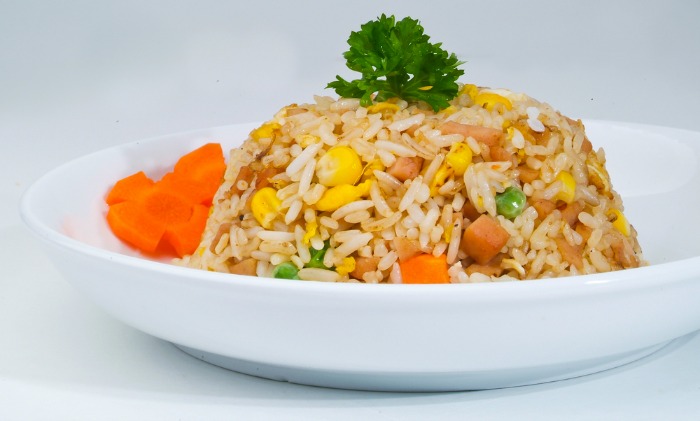
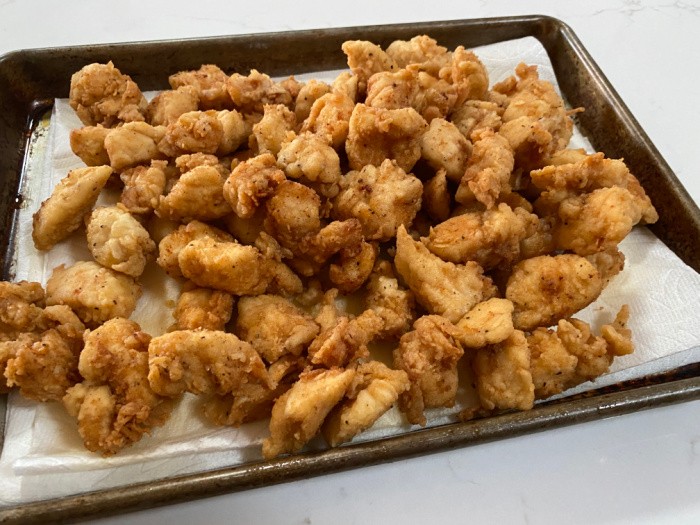
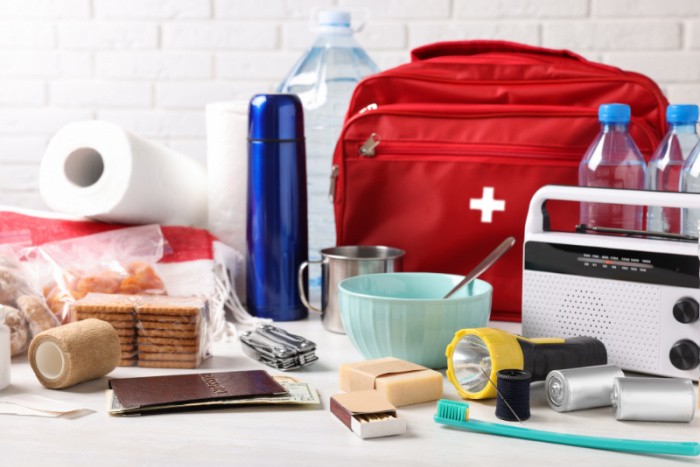




Can I use honey after it granulates?
Hi Shelly, let me ask you this, are you talking about when honey becomes crystallized? One thing I learned from Cox’s honey we should never microwave our honey, You will lose some of the nutrients/enzymes. If you can put the container (hopefully not a five-gallon container) in some warm water it will liquefy. Pure raw honey lasts indefinitely. I store my honey in mason quart jars so when it does crystallize I can soften or at least be able to scoop it out. I hope this answers your question. Linda
Yes, crystallize is what I meant. Thank you! I’m learning so much I appreciate your help.
Great, glad that helps you about the honey! Linda
This should ease the mind seeing how thousand year old stuff is still edible
https://youtu.be/3GNYCPQJzN0?si=GYNeU_uNfdf0ICvS
https://phys.org/news/2021-04-year-old-honeypot-oldest-evidence-honey.html
HI Matt, thank you, for the links. Honey lasts indefinitely. As long as it it’s the real thing, some companies are selling honey with other ingredients added. The real deal with crystallize, but you can soften it with warm water or place it out in the sun. This is why I prefer, wide mouth quart mason jars. Linda
Love honey and use it frequently! I have had to go a bit on the easy side of raw honey because my daughter is just getting started with her hives. I think between October 2023 and now (April 2024) I have used 3 pints but that is only because I want HER honey not store bought. There are other beekeepers in the area but they are small homestead keepers as well so I will go easy on the honey until my daughter and son-in-law get a couple more hives.
I use honey primarily for herbal tea sweetening.
Another use I have is making oxymels: 1:1 honey and apple cider vinegar. I add herbs and other beneficial things like lemon. So far, my favorite oxymel is lemon/ginger but I don’t waste the lemon juice! I zest the lemon then squeeze the lemon juice into a measuring cup. I make mine with 1/2 cup honey and 1/2 cup of lemon juice/vinegar. I also add finely sliced ginger to the jar. It is not as acidic as the 1/2 cup honey and 1/2 cup vinegar which is a true oxymel. I use this oxymel to sooth a sore throat and ease cold symptoms. I have also tried adding whole garlic cloves to the mix of honey/vinegar. The benefits, according to Healthline dot com: may have antibiotic and antiviral properties and contain antioxidants; may lower high blood pressure, lower high cholesterol, prevent too much clotting (blood-thinning), prevent hardened or stiff blood vessels. Of course, these are HERBAL preparations and DO NOT TAKE THE PLACE OF MEDICAL INTERVENTION IN SERIOUS HEALTH ISSUES. For example, I will take the garlic oxymel (garlic, honey, vinegar) and check things like my blood pressure to see if there is any effect BUT I also asked my doctor if she had any issue with me using this herbal preparation. She told me what to watch out for – dizziness due to low blood pressure for example. If you use a Naturopath medical professional, ask about herbal preparations before trying anything if you are already on medications!!
Anytime I am going to use a new herbal preparation, I always research a number of places on the internet to see if there are any issues using herbals with the prescription medications I take. If I find even one website that says it is a bad idea, I run it by my physician first. She is probably the most open to using natural medications than any other doctor I have ever seen!! But even she does not know all the ins and outs of using herbals with prescription meds.
HI Leanne, thank you for your recipe. I just added that statement to my post. We must consult with our doctors before using alternative medicine with traditional prescriptions. Great comment as always. Linda